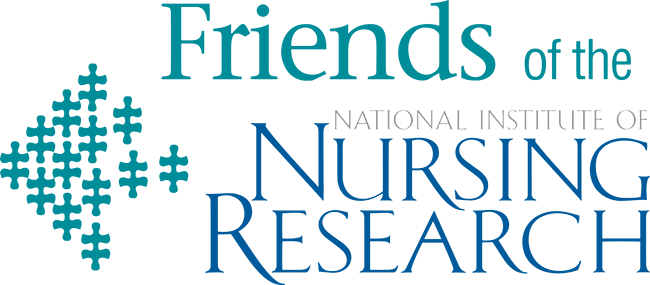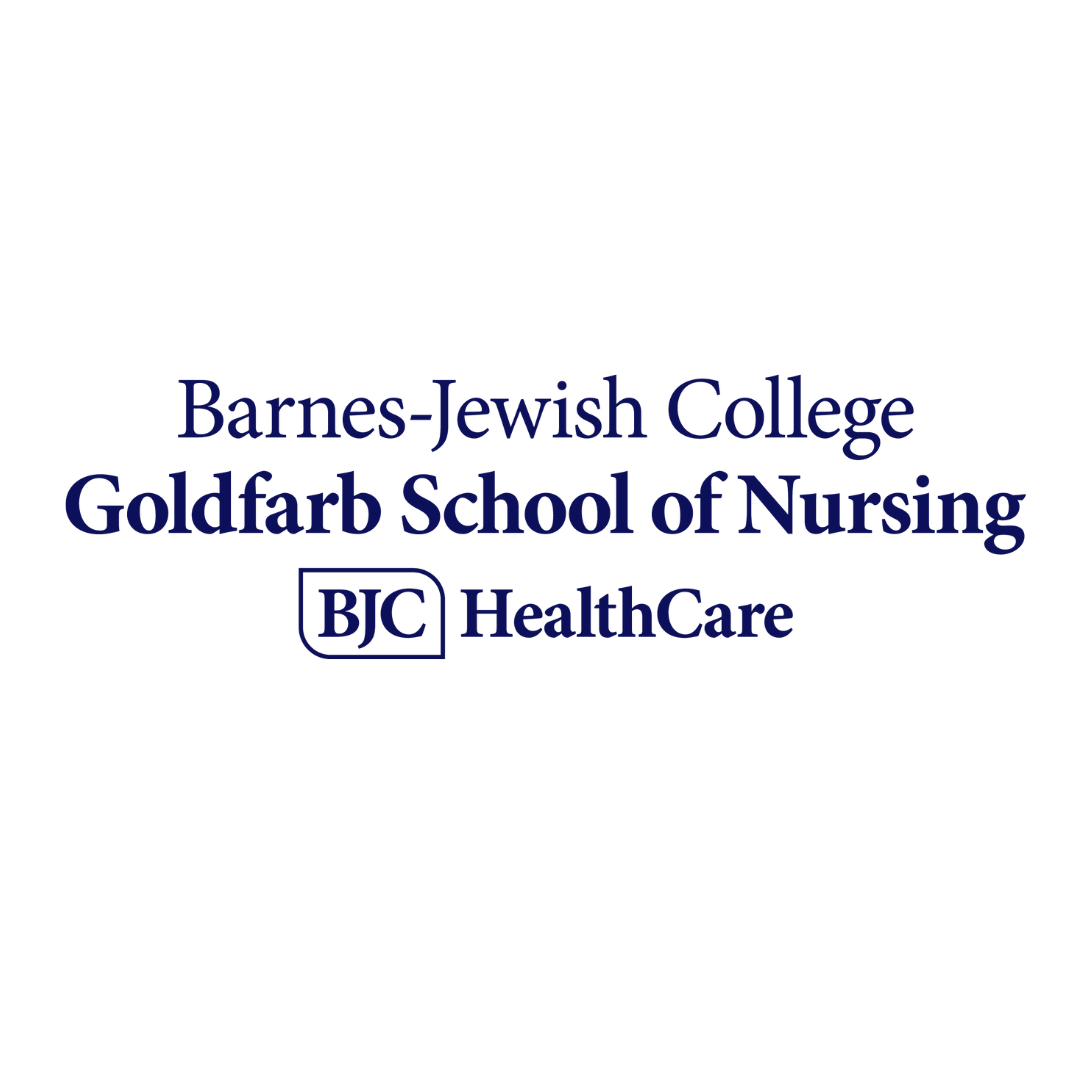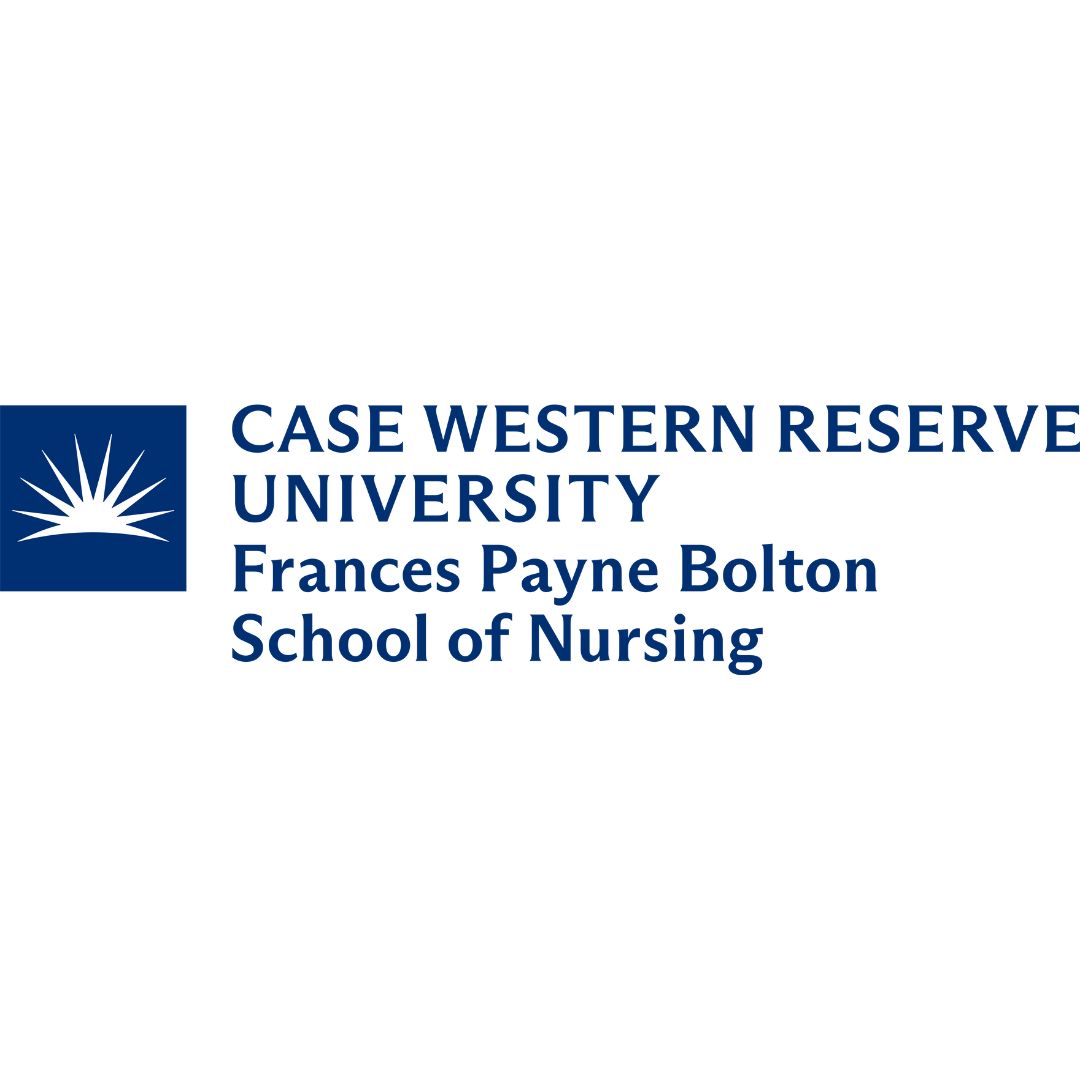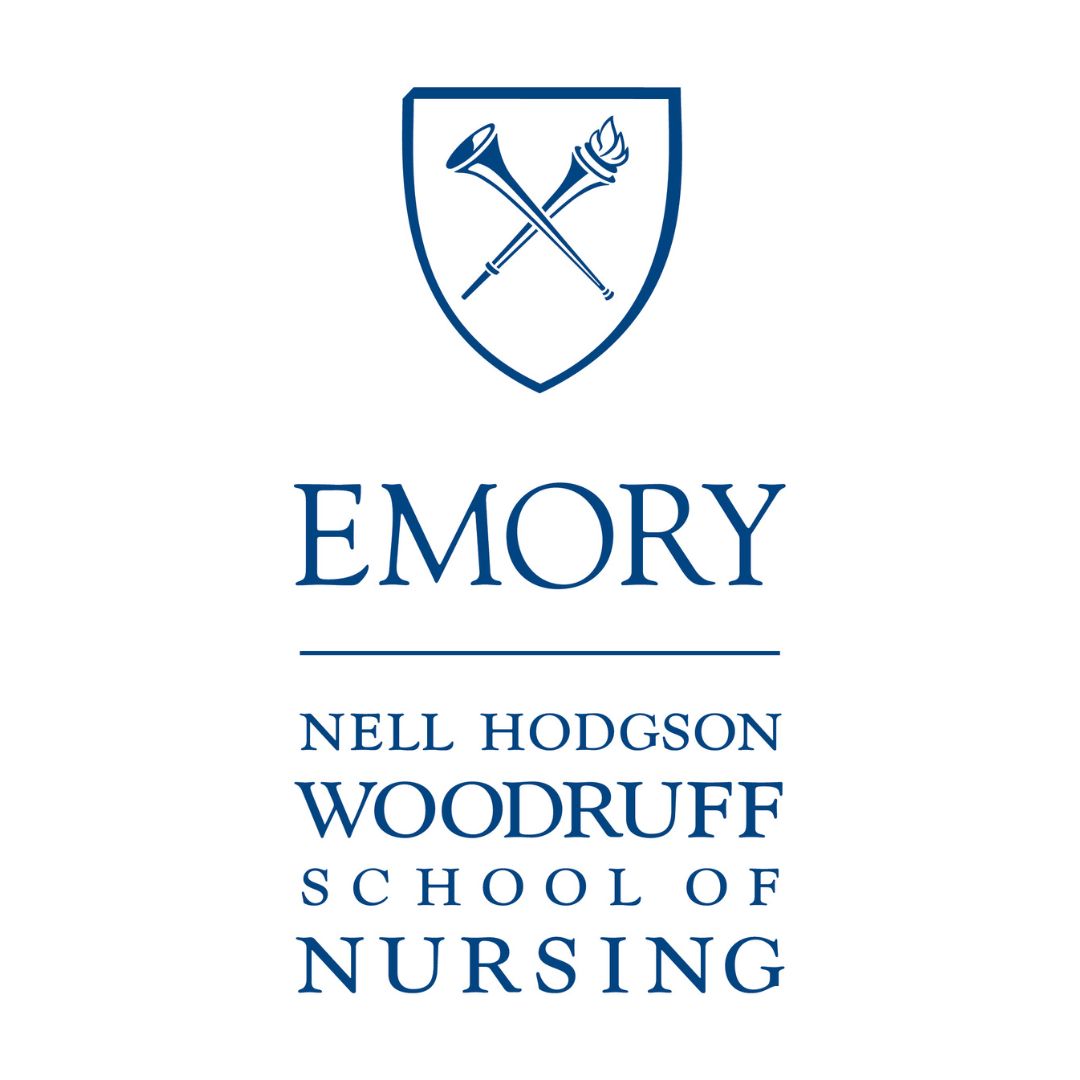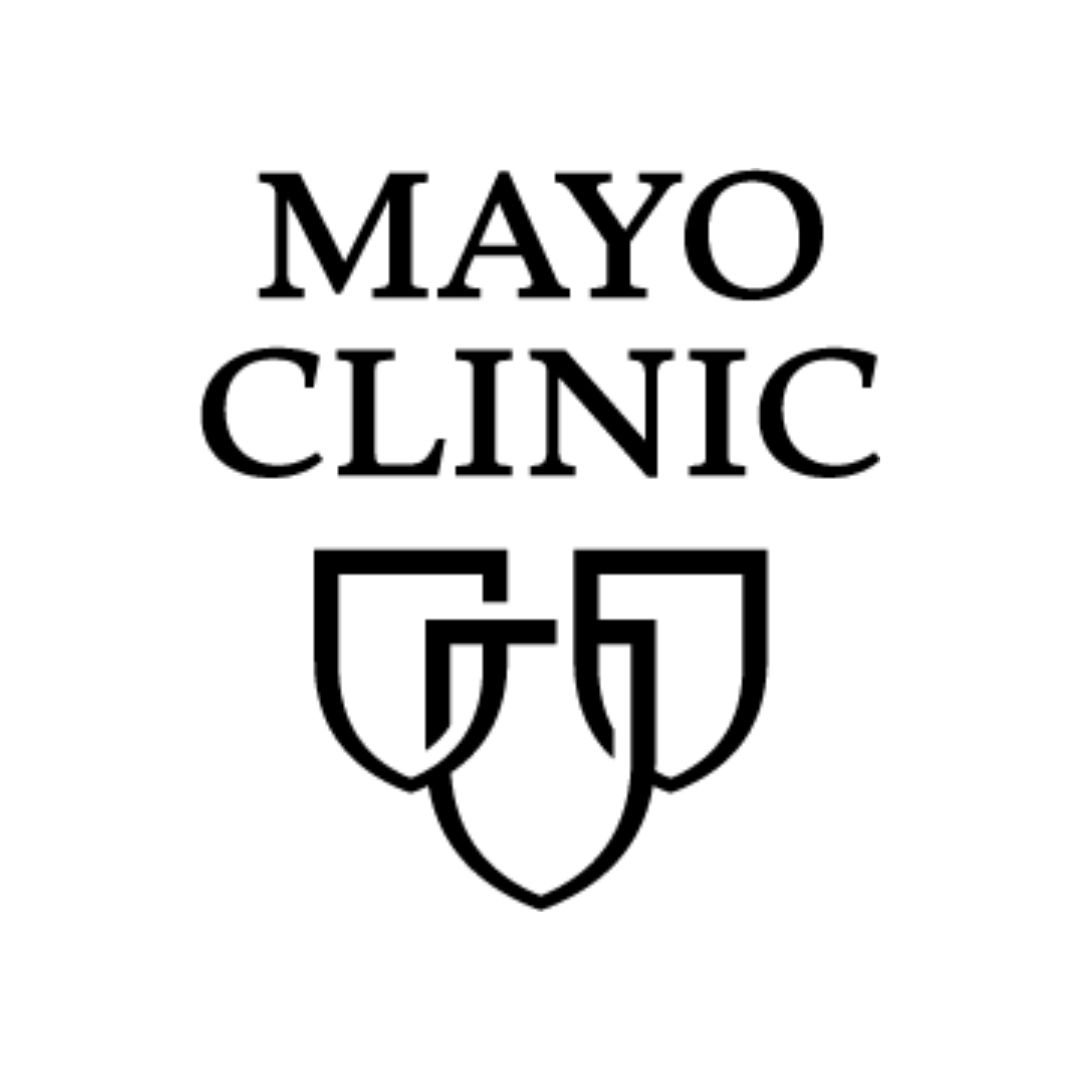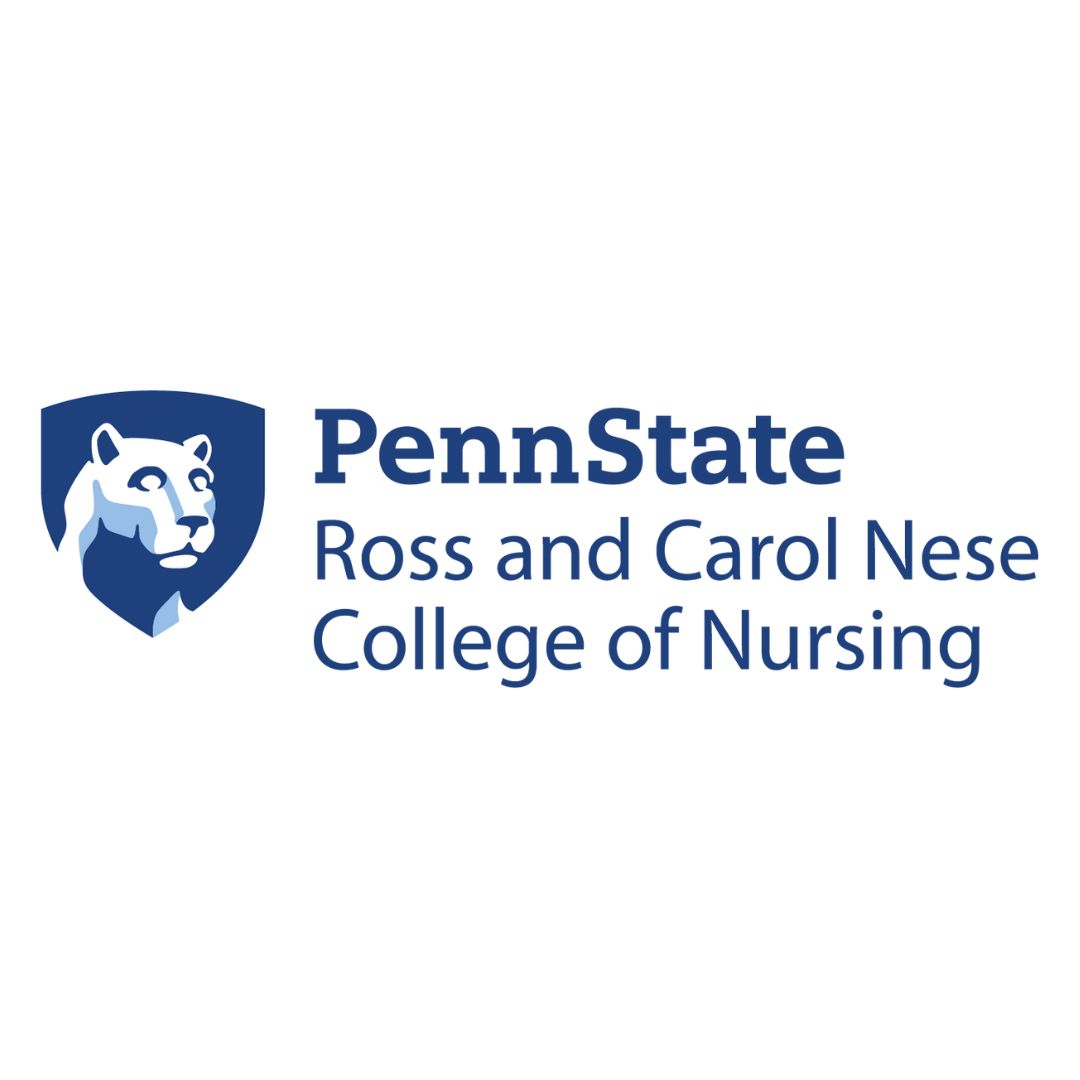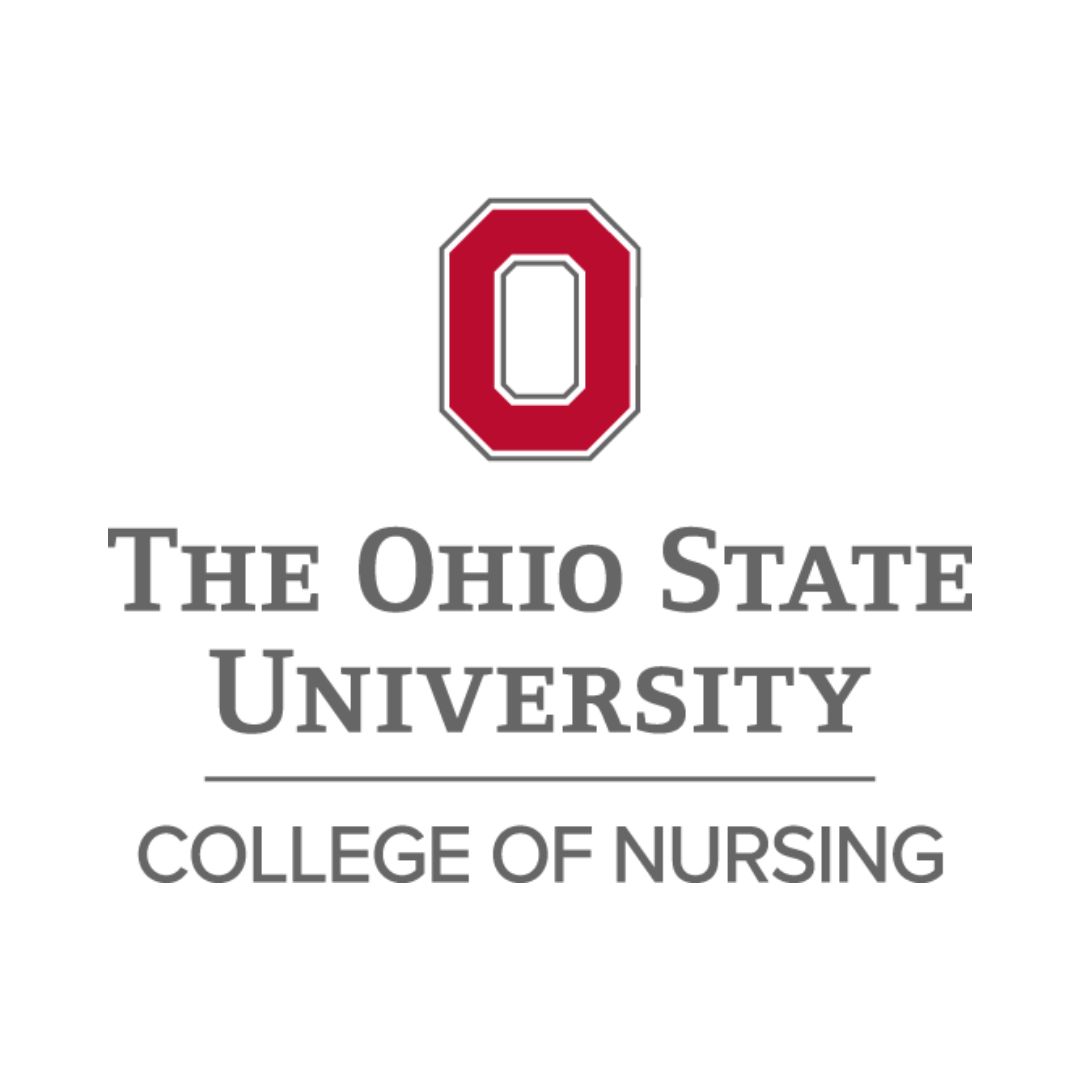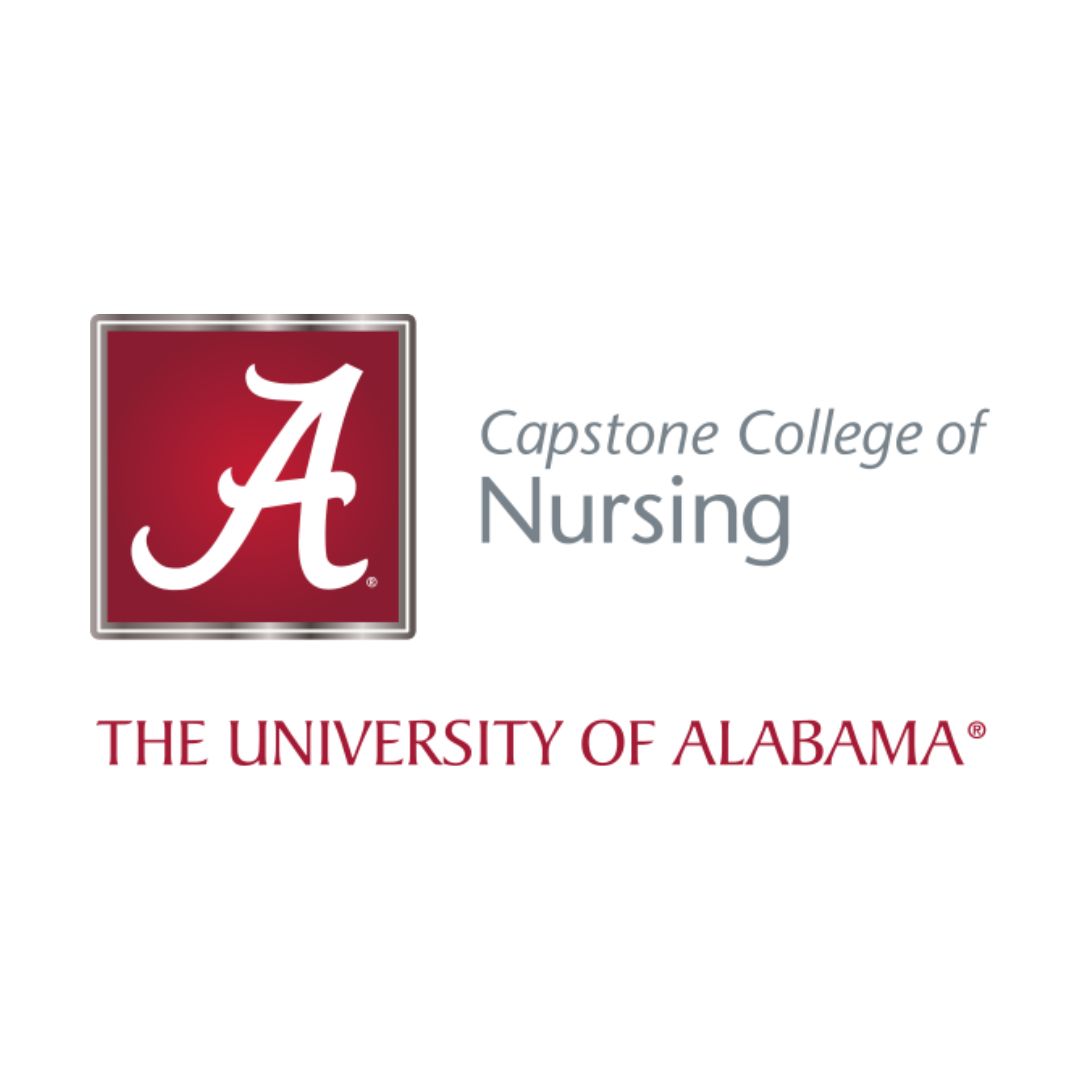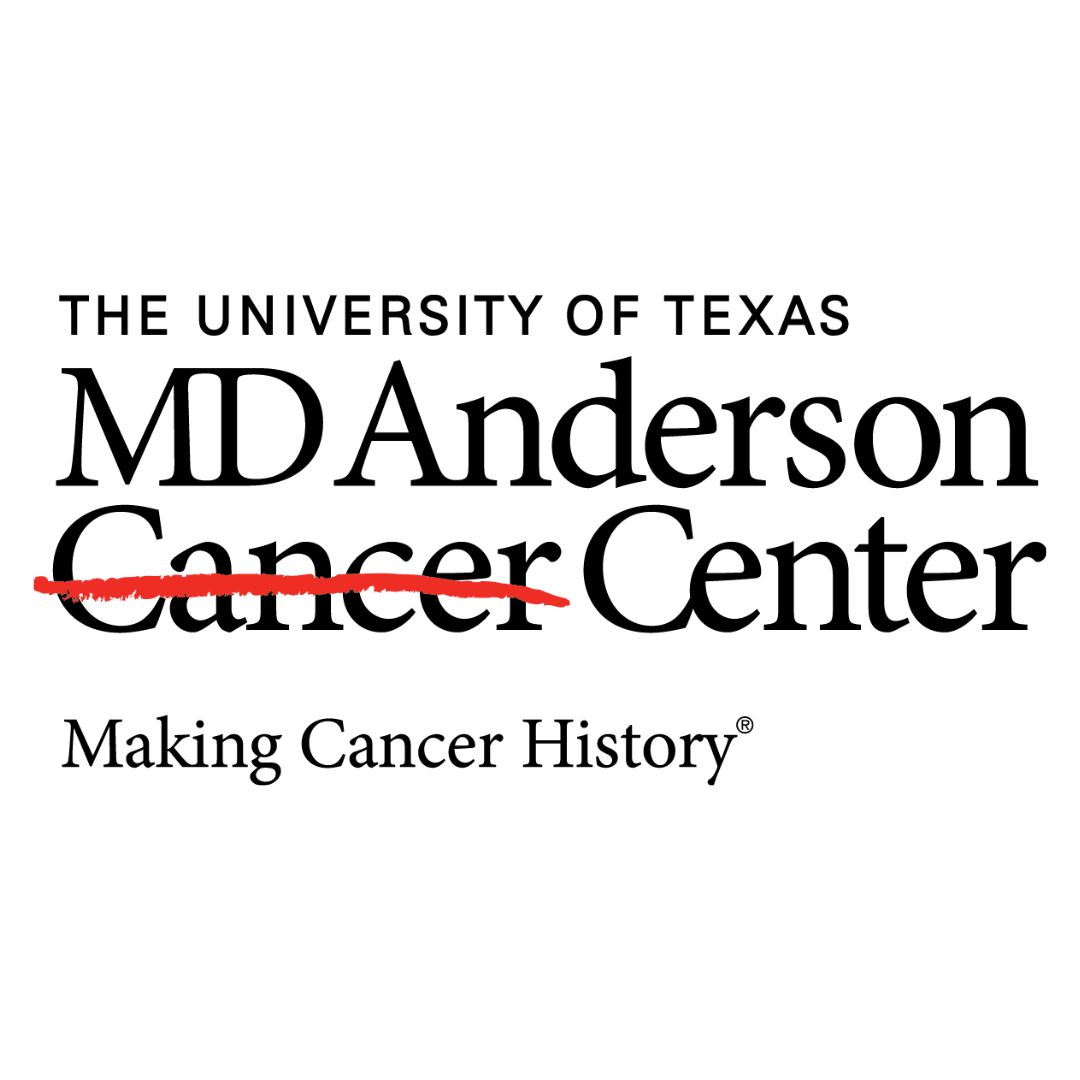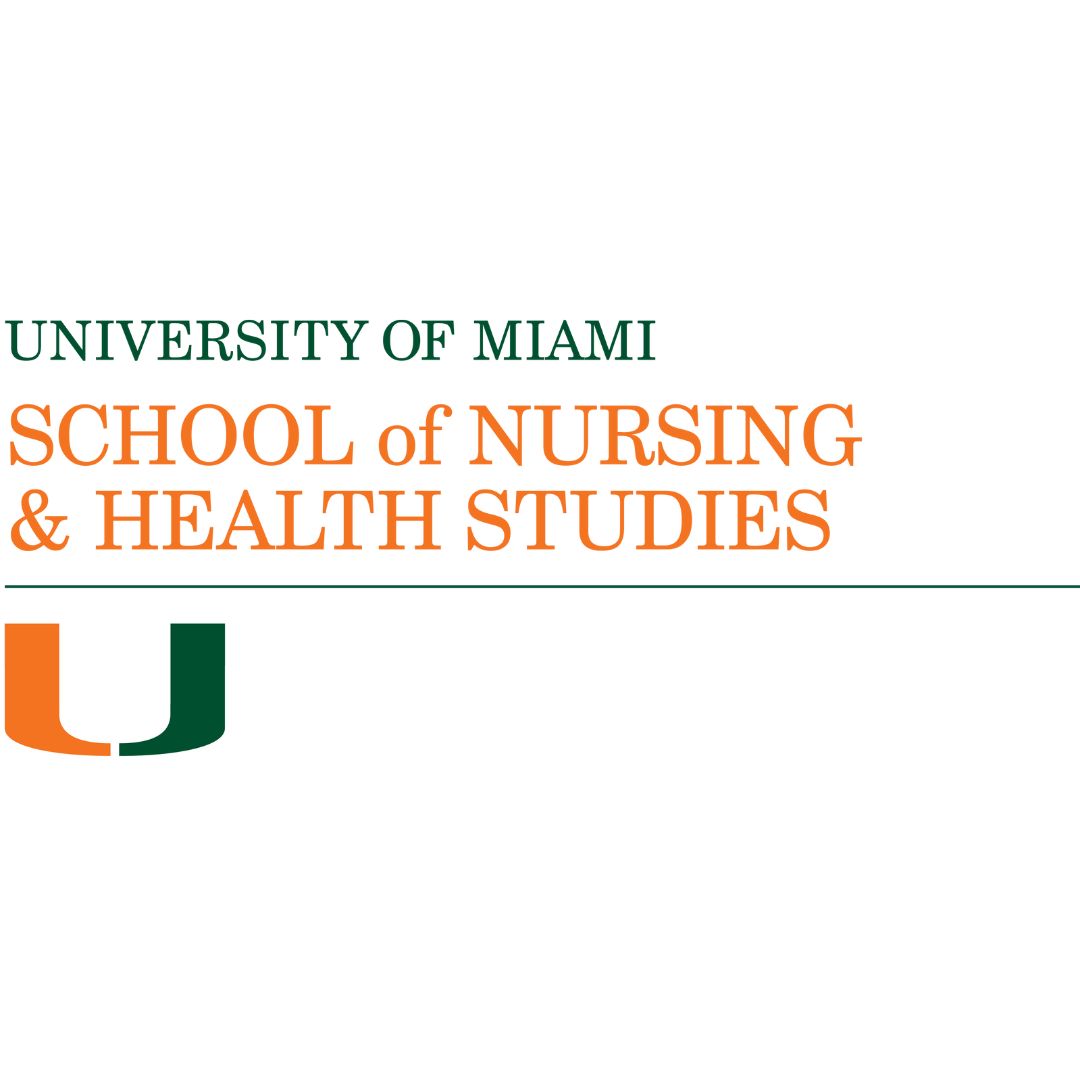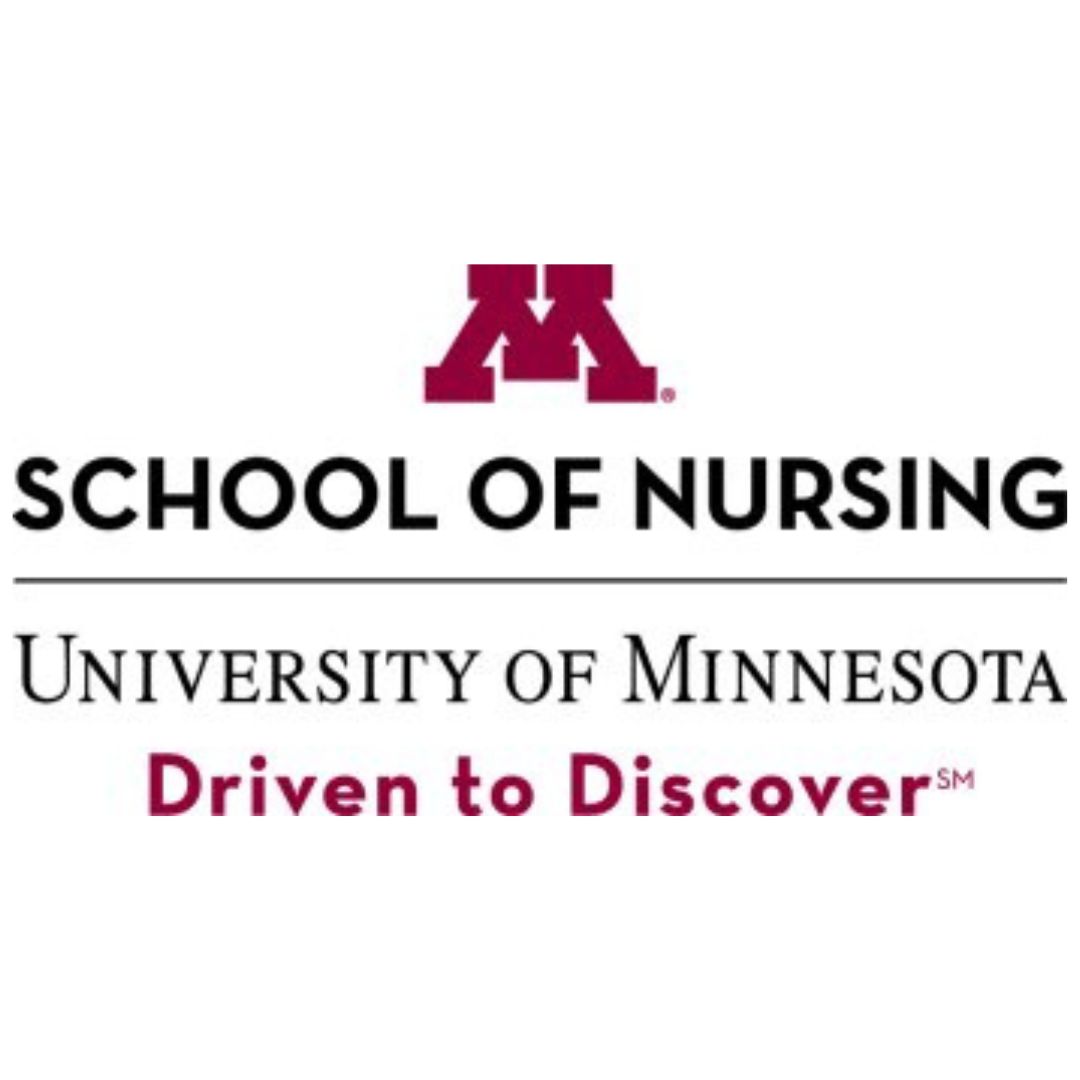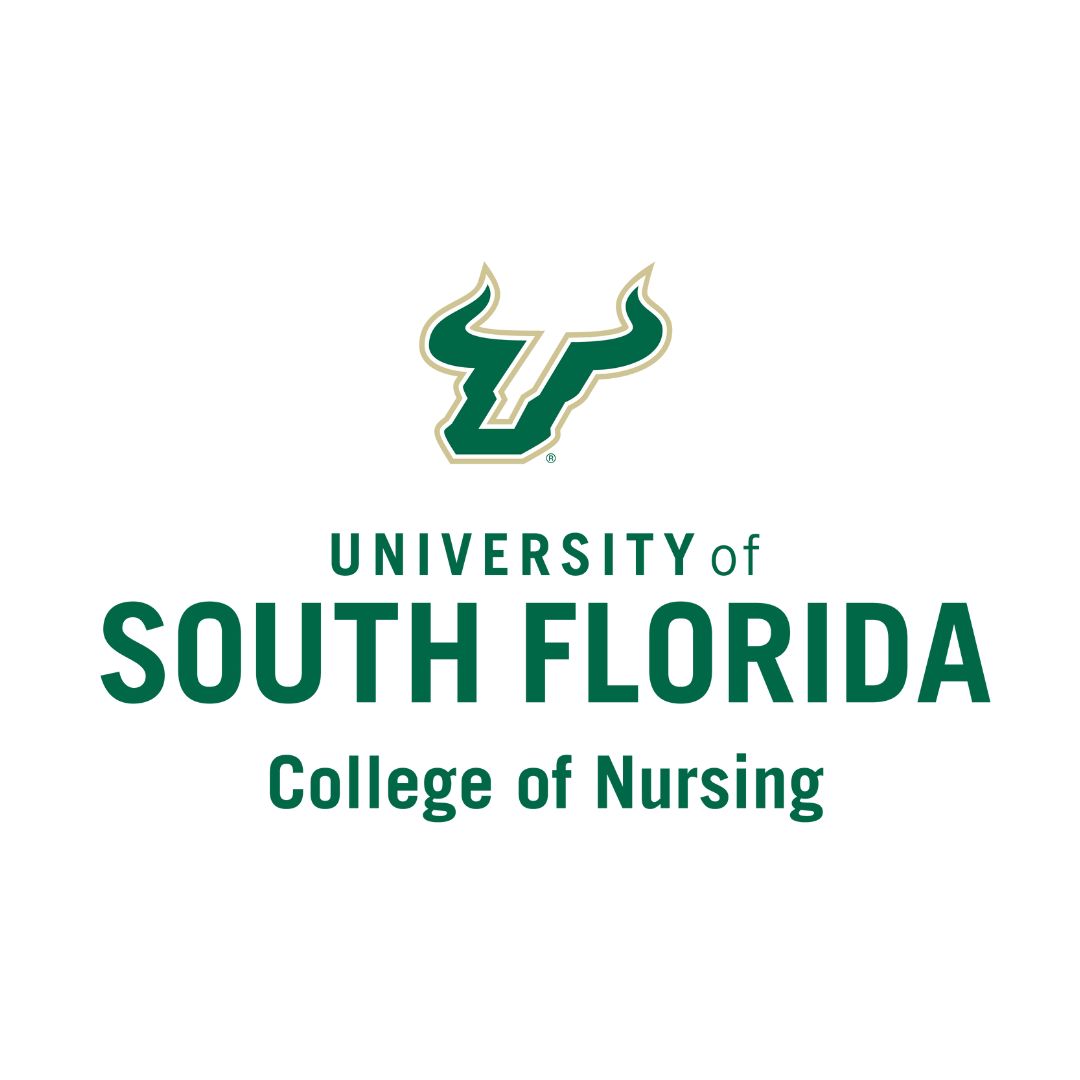On June 22 from 12:00-3:30 p.m. ET, NINR’s Division of Intramural Research (DIR) will hold a virtual symposium to mark a milestone anniversary — celebrating 20 years of its Summer Genetics Institute (SGI). Please join us to examine how omics methodologies are improving symptom measurement and characterization. We will explore how this research is guiding approaches to biobehavioral interventional methods. This event is free of charge, but registration is required.
Objectives:
- Address how omics methodology has advanced symptom science research.
- Define approaches to developing biobehavioral interventions that modify symptoms.
- Feature interdisciplinary and innovative research that has impacted nursing research and practice.
*Continuing Education Units (CEUs) will be available for this symposium.
